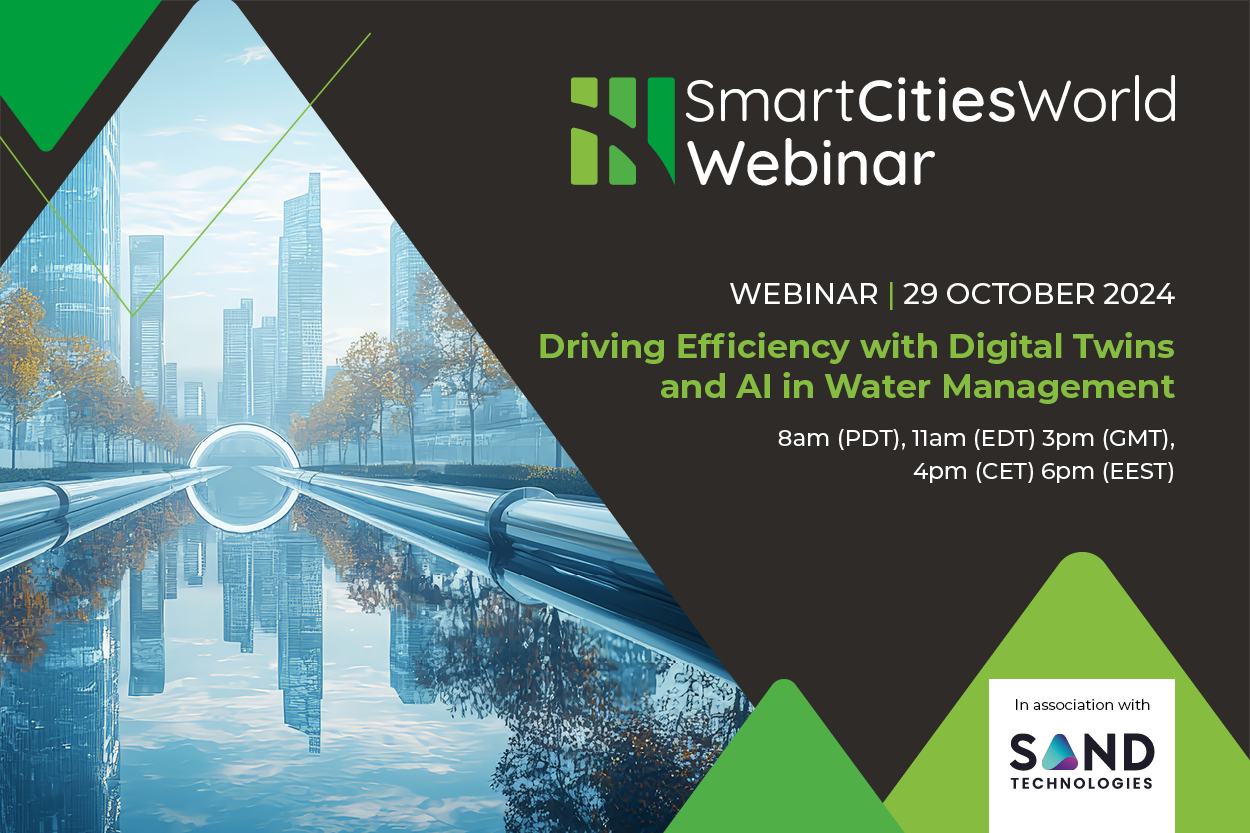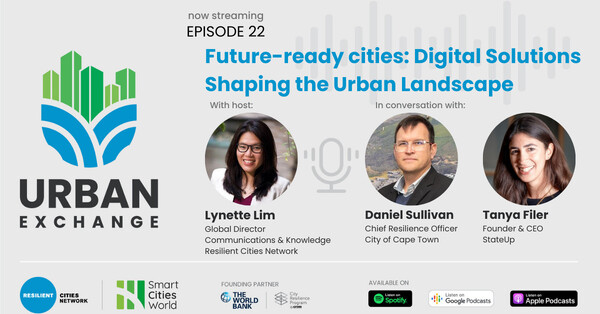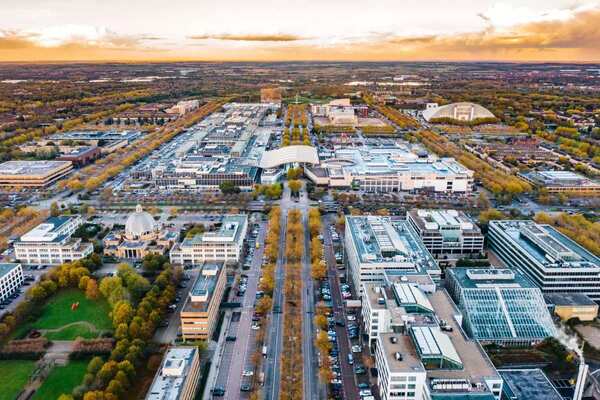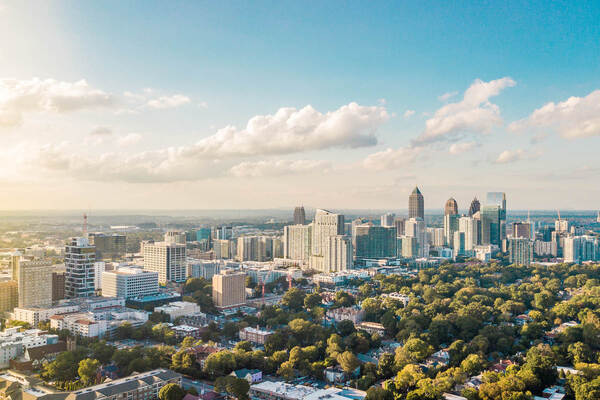Special Reports
SusHi Tech Tokyo 2024: experience ‘Tokyo 2050’ todaySponsored by The SusHi Tech Tokyo 2024 Showcase Program Executive Committee
Data is the relief for parking pain, by Prof. Graham Cookson, chief economist, EMEA, INRIX
The real benefits of smart parking only accrue when most of the parking spaces in a city are connected
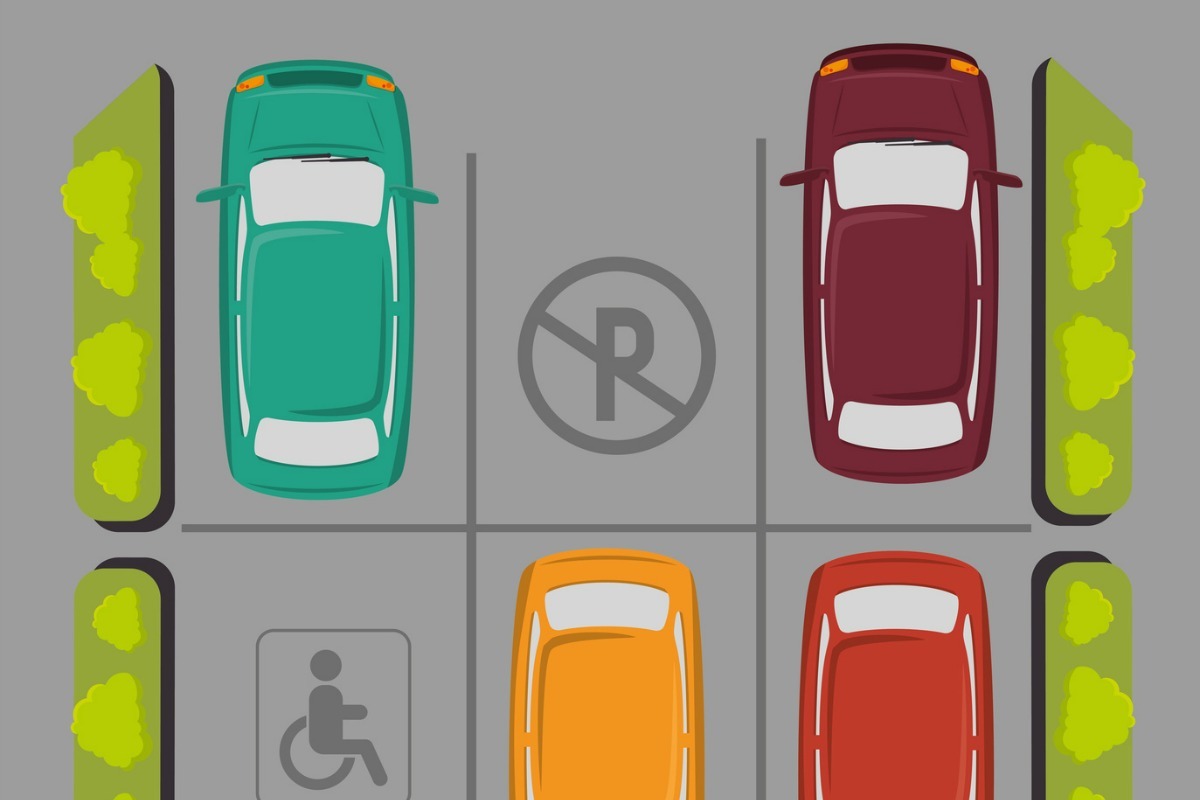
Despite rising car ownership, and increasing numbers of kilometres driven by car, our cars are actually parked up to 95 per cent of the time. And in increasingly dense urban environments where every centimetre of land is highly valuable, parking your car can be both a time consuming and expensive experience.
Put simply, parking is a pain.
Taken together these two facts have driven significant growth in the car sharing (e.g. ZipCar) and ride sharing (e.g. Uber) industries.
But it may be surprising to learn that parking isn’t actually as scarce as our experience would have us believe. Most studies show that there are 3-3.5 parking spaces per car, and in some countries it can be as high as eight spaces per vehicle. We don’t have a parking problem but an information problem.
There are several aspects to this problem. First, we generally don’t know where or even if we will find parking at our destination. Many parking lots are not easy to find or are not signposted, and in many cases it’s not clear how many spaces are available inside. Would you rather park with certainty a few minutes further walk from your destination or waste time trying to find that elusive space right outside? Second, by understanding where and when people want to park cities and parking providers can ensure that parking is developed in the right places.
Finally, many people are trying to find parking at the same time but the usual mechanism – price – for managing a scarce resource is not available. Prices are fixed. They may vary crudely by time of day, but they are not dynamic responding to the real-time conditions. If all prices could change then lots slightly further away could attract users by lowering their prices, and very busy lots could raise their prices to ensure that there is always a space available for somebody willing to pay for it. Similarly, prices could vary by time of reservation: last minute or advance purchases.
The IoT has heralded the birth of the smart parking industry. By taking data feeds directly out of parking lot gates, by introducing smart (i.e. connected) parking meters and parking bay sensors we can collect real-time parking space occupancy. And combining this with smart payment systems we can reserve and pay for parking in advance.
Integrating these two sides together allows technology providers to build mobile apps that can reserve and pay for parking before we’ve even left home. The next step is for automakers to integrate navigation and parking into one seamless experience for drivers within their connected car platforms.
Further because this is done electronically and in real-time, parking providers can introduce dynamic parking charges that attempt to smooth out demand around peak times and locations. Dynamic pricing has two primary benefits. First it allows for an efficient allocation of the limited parking resource. But more importantly by pricing appropriately in situations of excess demand it may encourage drivers to take public transport or to use ride sharing services.
There are additional benefits to smart parking as well. It removes many of the hassles associated with parking including having to pay at a meter or booth, reduces urban congestion caused by people searching for parking, and therefore saves consumers fuel and time. And these benefits accrue to drivers, and cities and parking providers.
The challenge for smart parking is penetration. As with many new technologies there are positive network effects. The real benefits only accrue when most of the parking spaces in a city are connected and ‘smart’. However, the success from early adopters like City of Westminster in London will hopefully spur wide scale adoption.
Professor Graham Cookson is the Chief Economist (EMEA) of INRIX and a visiting professor of economics at Surrey Business School, University of Surrey.
He joined Inrix in 2016 and leads the company’s industry-leading economic research team in Europe, a recognised voice of impartial, data-driven analysis of transportation and connected car services.
Graham and the INRIX Research team leverages INRIX’s 500 Terabytes of data from 275 million different sources covering over 5 million miles of road to produce valuable and actionable insights for policy makers, transport professionals and drivers.
In addition, he leads on the development of INRIX’s industry-leading annual Traffic Scorecard, and the newly developed Parking Scorecard. Graham has presented to various government agencies and at numerous industry conferences, and has been widely quoted in national and local media.
Prior to joining INRIX, Graham was Chair of Department and Professor of Economic & Public Policy at the University of Surrey (UK).
Graham has a Bachelor of Arts in Philosophy, Politics & Economics from the University of Oxford, a Postgraduate Certificate from King’s College London and a M.Sc. and Ph.D. in Econometrics from Imperial College London. He is fellow of the Royal Statistical Society and a member of the Royal Economic Society. Follow Graham on Twitter @grahamcookson and on LinkedIN at www.linkedin.com/in/gcookson
If you enjoyed this, you might wish to read the following:
Assessing risk in the age of driverless cars, by Rutger Van der Wall, VP International Business Development for LexisNexis Risk Solutions
The challenge for insurers when it comes to semi and fully autonomous cars is that they have no historical data to refer to for these types of risks
smartcitiesworld.net/opinions/assessing-risk-in-the-age-of-driverless-cars-by-rutger-van-der-wall-vp-international-business-development-for-lexisnexis-risk-solutions
The era of IoT and reinventing the insurance industry, by Synechron’s David Horton
New insurance products are going to need new processes, so it will be important to ensure that new functionality is not just bolted onto an old system
smartcitiesworld.net/opinions/the-era-of-iot-and-reinventing-the-insurance-industry-by-synechrons-david-horton

